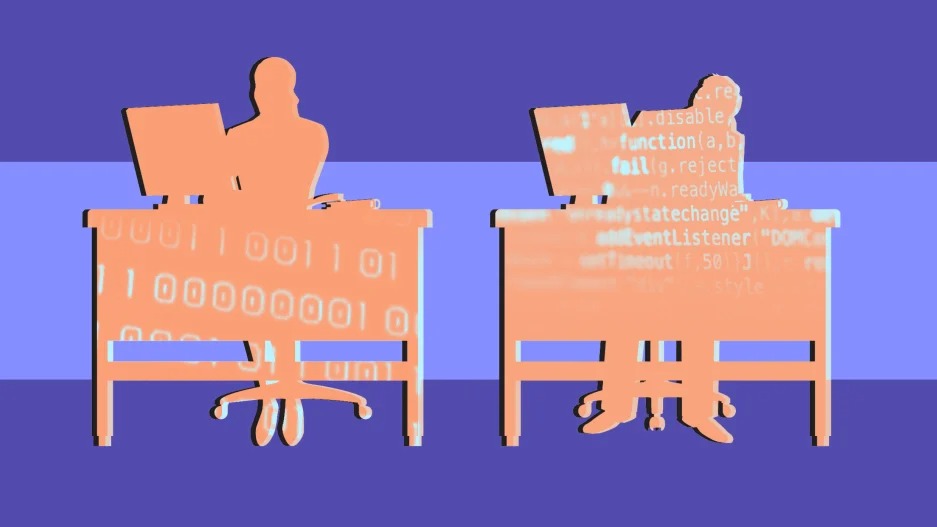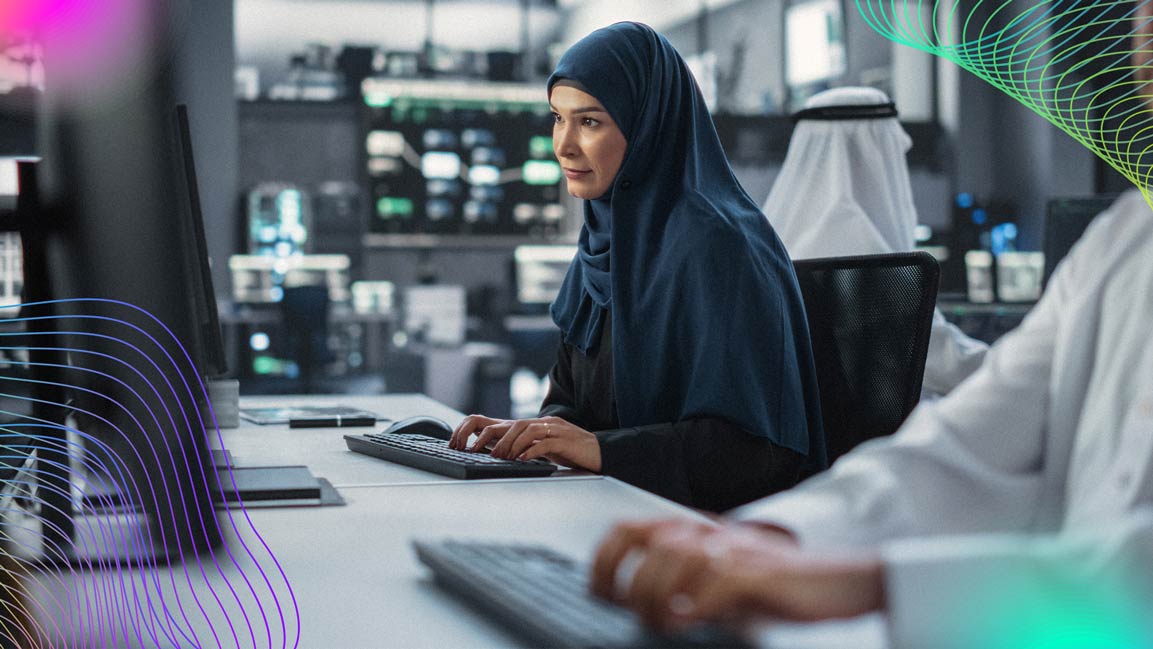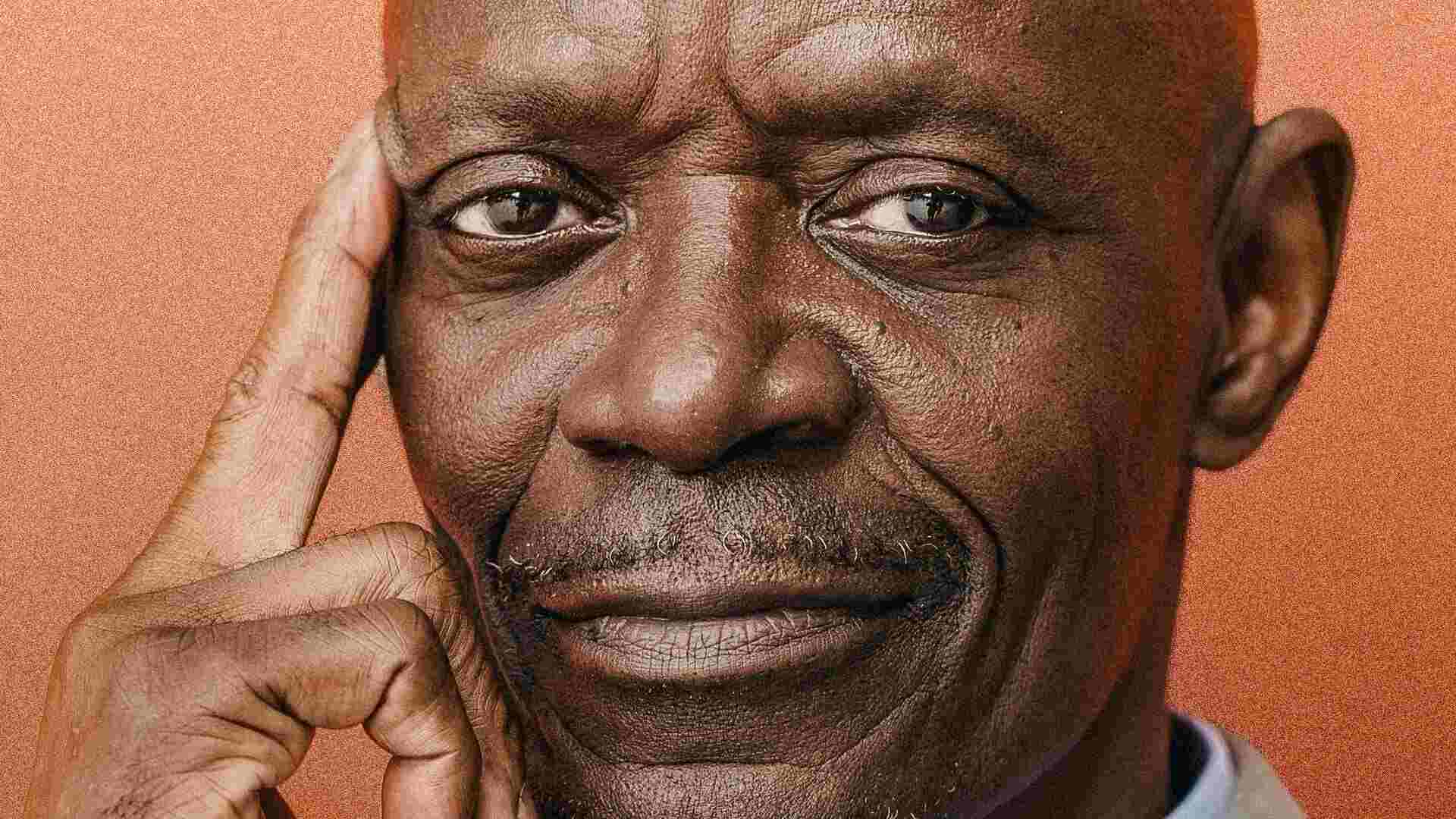- | 9:00 am
Will AI make CEOs obsolete?
AI won’t change what it means to be a chief executive, but it will add to the complexity of the job.

By now you’ve probably seen the headlines: A survey of CEOs found that 49% said “most” or “all” of their work should be replaced by artificial intelligence (AI). The report, produced by online learning company edX, was widely covered by the business press, including Inc. and CNBC, and surely prompted some employees to wonder, justifiably, what the heck it is that CEOs do all day.
TRANSFORMING THE TOP JOB
The report didn’t actually provide any specifics on what aspects of the CEO role should be replaced by technology, and edX leaders were quick to reassure chief executives that their jobs aren’t going anywhere. Anant Agarwal, founder of edX, told Inc.’s Sarah Lynch that instead of displacing CEOs, AI would transform their jobs, freeing them up from mundane tasks to focus on more meaningful ones such as “creating more sustainable revenue streams, introducing new products, inspiring employees, and more.”
You’ll forgive me for rolling my eyes. We’ve been hearing for years about how AI won’t eliminate jobs but rather free up workers to be more creative. Yet I haven’t found any examples of dreary jobs that have been magically made more fulfilling because of AI, nor are their tales of say, data-entry clerks who had time to redesign their workstation user interface because automation filled in their spreadsheets for them. I’m being facetious, but it’s true.
THE CEO’S MAIN ROLES
As for CEOs, we should be focused on building sustainable revenue streams, introducing new products, and motivating employees, with or without AI’s help. That often requires handling multiple demands and tasks at once, especially at smaller companies. For example, I submit my own expense reports, and sure, I’d be thrilled if AI tools took that off my plate, but that doesn’t mean I can hold off on collaborating with company leaders on new business ideas in the meantime.
AI will surely impact CEOs, but not because they’ll be spending less time working on presentations or drafting employee memoranda. (A lot of CEOs delegate that stuff anyway.) They’ll have to lead workforces that are both energized and terrified by AI, and they may need to reorganize and restructure their companies—and yes, downsize—based on the ways technology is changing the way their employees work. Some employees will push back on the proliferation of AI, as we saw during the recently settled Hollywood writers’ strike. And CEOs will need to establish ethical guidelines for the use of generative AI. In many ways, AI could make the job of CEO more complex. Understanding, leading through, and anticipating the risks of this new technology may add responsibilities to the CEO’s role, not eliminate them.
I contend that CEOs don’t need to become prompt engineers (one of the most sought-after AI jobs) or know how to build a personal ChatGPT, for instance. But some may want to sharpen their AI skills as a matter of survival. Nearly three-quarters of those surveyed by edX said executives who know how to use AI are more likely to be promoted to CEO, and 85% said the next CEO of their company would have AI experience.
DO YOU SET IT AND FORGET IT?
What aspects of your job as a leader could be automated, and how do you feel about that? I’d love to hear from CEOs about how AI is making you more efficient or effective—or whether you’re worried it will make your job obsolete. Write to me at stephaniemehta@mansueto.com. The responses may be published in a future newsletter.







































